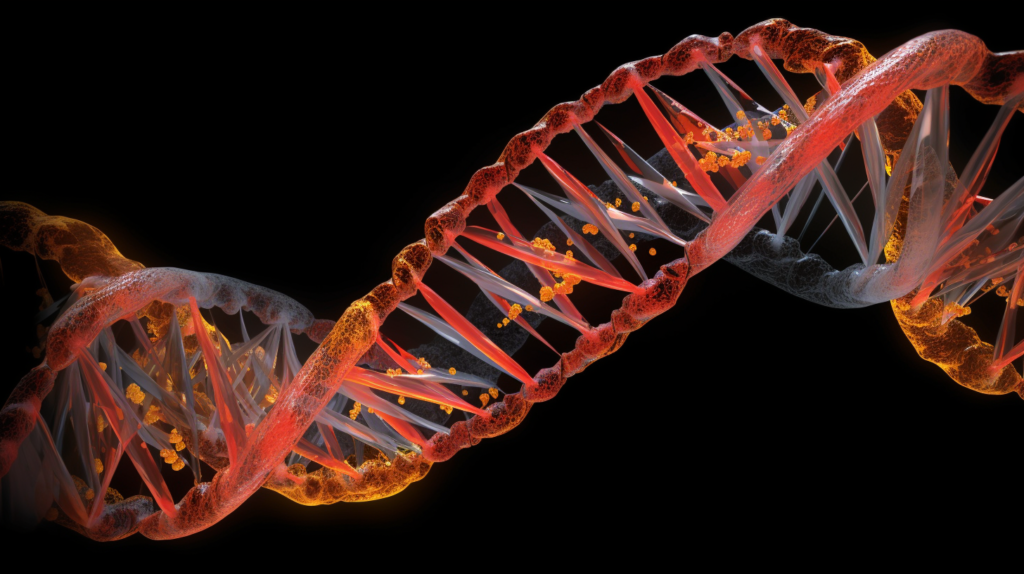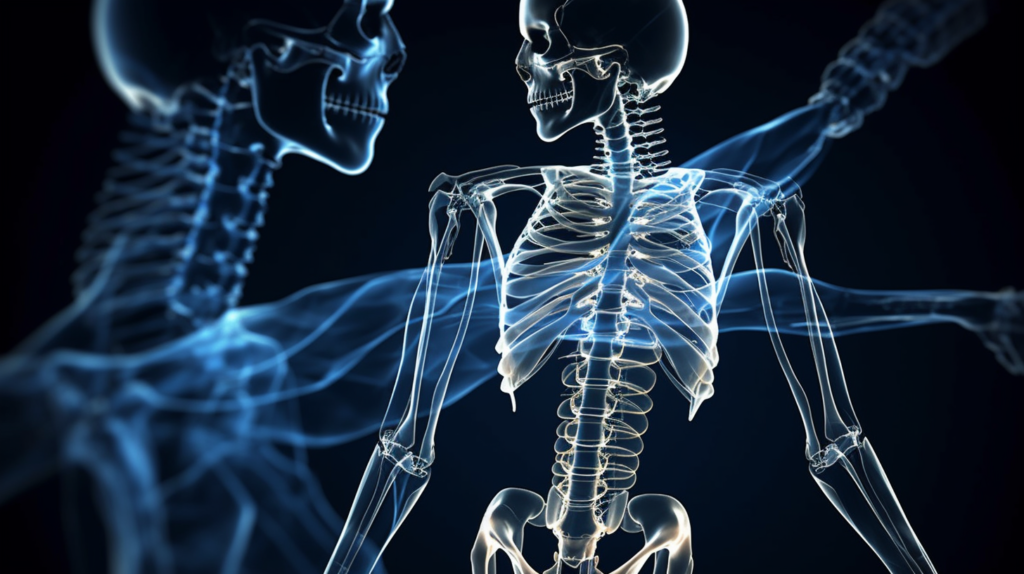Spinal Muscular Atrophy (SMA) stands as a genetic disorder causing motor neuron loss, leading to muscle weakness and atrophy. This condition significantly impacts patients and their families. SMA specialists play a crucial role in diagnosing, treating, and managing this complex disease. These healthcare experts form a diverse team, each contributing to comprehensive care for SMA-affected individuals. Their expertise spans multiple medical fields, addressing various aspects of SMA, from respiratory issues to nutritional needs.
The Role of SMA Specialists in Patient Care
SMA specialists are pivotal in effectively managing the disease. Their expertise is crucial in tailoring personalized treatment plans for each patient. A multidisciplinary approach involves neurologists, pulmonologists, orthopedic surgeons, gastroenterologists, dietitians, and physical and occupational therapists.
- Neurologists are typically the first specialists to diagnose SMA, using genetic testing to confirm the type and extent of the disease.
- Pulmonologists play a critical role in managing the respiratory complications commonly associated with SMA, employing various techniques to enhance lung function.
- Orthopedic surgeons address the musculoskeletal issues that arise from muscle weakness, such as scoliosis and joint contractures.
- Gastroenterologists and dietitians ensure patients receive proper nutritional support, which is crucial for managing SMA’s systemic effects.
- Physical and occupational therapists focus on maintaining mobility and enhancing patients’ quality of life through tailored exercises and assistive devices.
Each specialist’s contribution is crucial in managing SMA, offering patients the best chance for improved health and quality of life.
Neurologists: Frontline Diagnosticians in SMA

Neurologists often serve as the initial contact for suspected SMA cases. Their role is critical in early diagnosis and treatment. Genetic testing confirms the diagnosis and identifies the SMA type, vital for determining the most effective treatment.
- Neurologists assess the patient’s motor function, track disease progression, and coordinate with other specialists to ensure a comprehensive treatment plan.
- They are instrumental in initiating therapies like Spinraza (nusinersen), Zolgensma (onasemnogene abeparvovec-xioi), and Evrysdi (risdiplam), which target the underlying genetic causes of SMA.
- Regular follow-ups and assessments by neurologists help adjust treatments as the disease progresses or as new therapies become available.
The neurologist’s expertise in the nervous system uniquely qualifies them to often lead the SMA care team, ensuring each patient receives the most effective, personalized care possible.
Pulmonologists: Managing Respiratory Challenges in SMA

Respiratory complications are common in SMA due to weakened respiratory muscles. Pulmonologists play a vital role in managing these challenges. They conduct comprehensive lung function assessments and prescribe treatments to enhance breathing and reduce respiratory infection risks. Techniques include non-invasive ventilation and cough assist devices. Sleep-disordered breathing, a prevalent SMA issue, also falls within their expertise. Their proactive respiratory care prevents severe complications, enhancing SMA patients’ quality of life.
Orthopedic Surgeons: Addressing Musculoskeletal Complications

Muscle weakness in SMA often causes skeletal deformities and orthopedic complications. Orthopedic surgeons play a pivotal role in handling these concerns. They evaluate and address conditions common among SMA patients, such as scoliosis, joint contractures, and hip dislocation. Treatments might involve surgeries, such as scoliosis surgery, or non-surgical approaches, like bracing and physical therapy. The aim is to boost mobility, ease discomfort, and prevent further musculoskeletal problems. Collaborating closely with the SMA care team, orthopedic surgeons ensure seamless integration of musculoskeletal care into the overall treatment plan.
Gastroenterologists and Dietitians: Ensuring Nutritional Health

Gastroenterologists and dietitians are vital in managing SMA’s gastrointestinal and nutritional aspects. Muscle weakness can impact swallowing and digestion, resulting in gastroesophageal reflux, constipation, and nutritional deficiencies. Gastroenterologists evaluate and manage these digestive issues, sometimes recommending interventions like feeding tubes for severe cases. Dietitians complement these efforts by offering personalized nutritional guidance to ensure sufficient calorie and nutrient intake. They collaborate closely with patients and families, tailoring diets to meet individual needs, considering swallowing difficulties and the patient’s overall health. Their joint efforts are critical in maintaining the nutritional health of SMA patients, a crucial element of their overall well-being.
Physical and Occupational Therapists: Enhancing Mobility and Independence

Physical and occupational therapists are indispensable members of the SMA care team, focusing on improving patients’ mobility and daily function. Physical therapy in SMA involves custom exercises and stretches to maintain muscle strength and flexibility, which is crucial for preventing issues like joint tightness and muscular contractures. Occupational therapists concentrate on enhancing patients’ ability to perform daily tasks. They utilize various techniques and adaptive equipment to assist with dressing, eating, and personal grooming. Both therapist types strive to maximize patient independence and quality of life, adapting strategies as the patient’s condition changes.
The Future of SMA Treatment: Perspectives from Specialists
SMA Specialists are hopeful about future advancements. Ongoing research aims to enhance current therapies and explore new treatment options. Specialists anticipate progress in gene therapy and molecular medicine, offering more personalized and effective treatments. There’s also a focus on developing therapies addressing secondary SMA complications like respiratory and orthopedic issues. The collective expertise of SMA specialists is vital for driving these innovations forward, aiming to improve life expectancy and quality of life for SMA individuals.
Conclusion
In the fight against SMA, specialists, including neurologists, pulmonologists, surgeons, gastroenterologists, dietitians, and therapists, are crucial for effective SMA management. Their collaborative efforts in diagnosis, treatment, and ongoing care significantly enhance SMA patients’ quality of life. Advances in medical treatments, attributed to their dedication, bring hope to patients and families.
